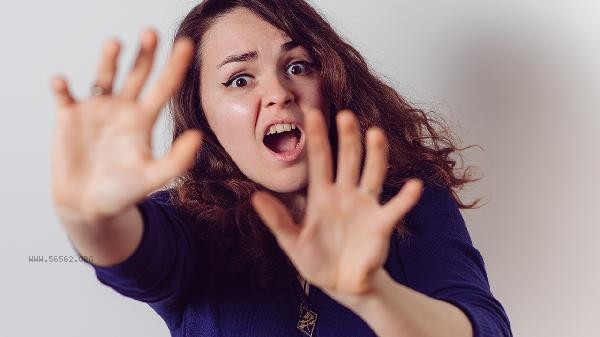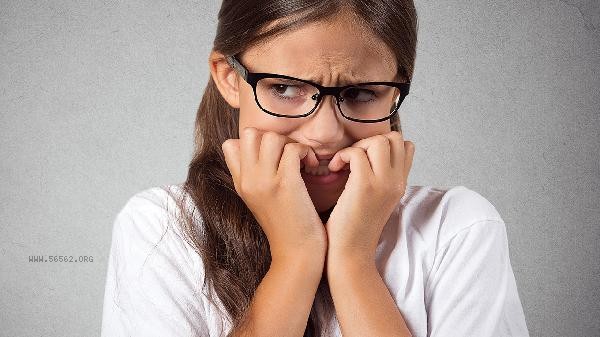Social anxiety disorder can be significantly improved through systematic treatment, but complete cure varies among individuals. The therapeutic effect of social anxiety disorder is closely related to factors such as the severity of the patient's condition, treatment compliance, and depth of psychological intervention. The treatment of social anxiety disorder requires a combination of psychological therapy and medication intervention. Cognitive behavioral therapy can help patients identify and correct negative thinking patterns, gradually adapting to social situations through exposure therapy. Group psychotherapy provides a safe social training environment and improves interpersonal interaction skills. Some patients need to cooperate with antidepressant drugs to regulate neurotransmitter levels and alleviate somatic symptoms. Mindfulness training can help reduce the physiological arousal level during anxiety and enhance emotional regulation ability. Family therapy can improve negative factors in the growth environment and rebuild the social support system.

A small number of patients may face treatment resistance or recurrent symptoms. Individuals with strong genetic susceptibility have lower neural plasticity, which may limit the effectiveness of treatment. Symptom management is more complex when comorbid with other mental disorders, requiring an extended treatment period. Patients who have suffered severe psychological trauma during childhood require longer periods of deep psychological repair. When there are persistent stressors in the social environment, symptoms may still trigger again after relief. Some patients have subconscious resistance to therapeutic changes due to the solidification of defense mechanisms. Patients with social anxiety disorder should maintain a regular schedule and moderate exercise, and a balanced diet can help stabilize neurological function. Suggest establishing a progressive social challenge plan and starting training with low-intensity interactions. Record the situation and coping strategies during anxiety attacks, and regularly review and adjust strategies with the therapist. Avoid excessive dependence on alcohol and other substances to alleviate anxiety, and participate in interest clubs to cultivate alternative social satisfaction. Emotional fluctuations during the treatment process are normal and require timely communication with professionals to adjust the plan.






Comments (0)
Leave a Comment
No comments yet
Be the first to share your thoughts!